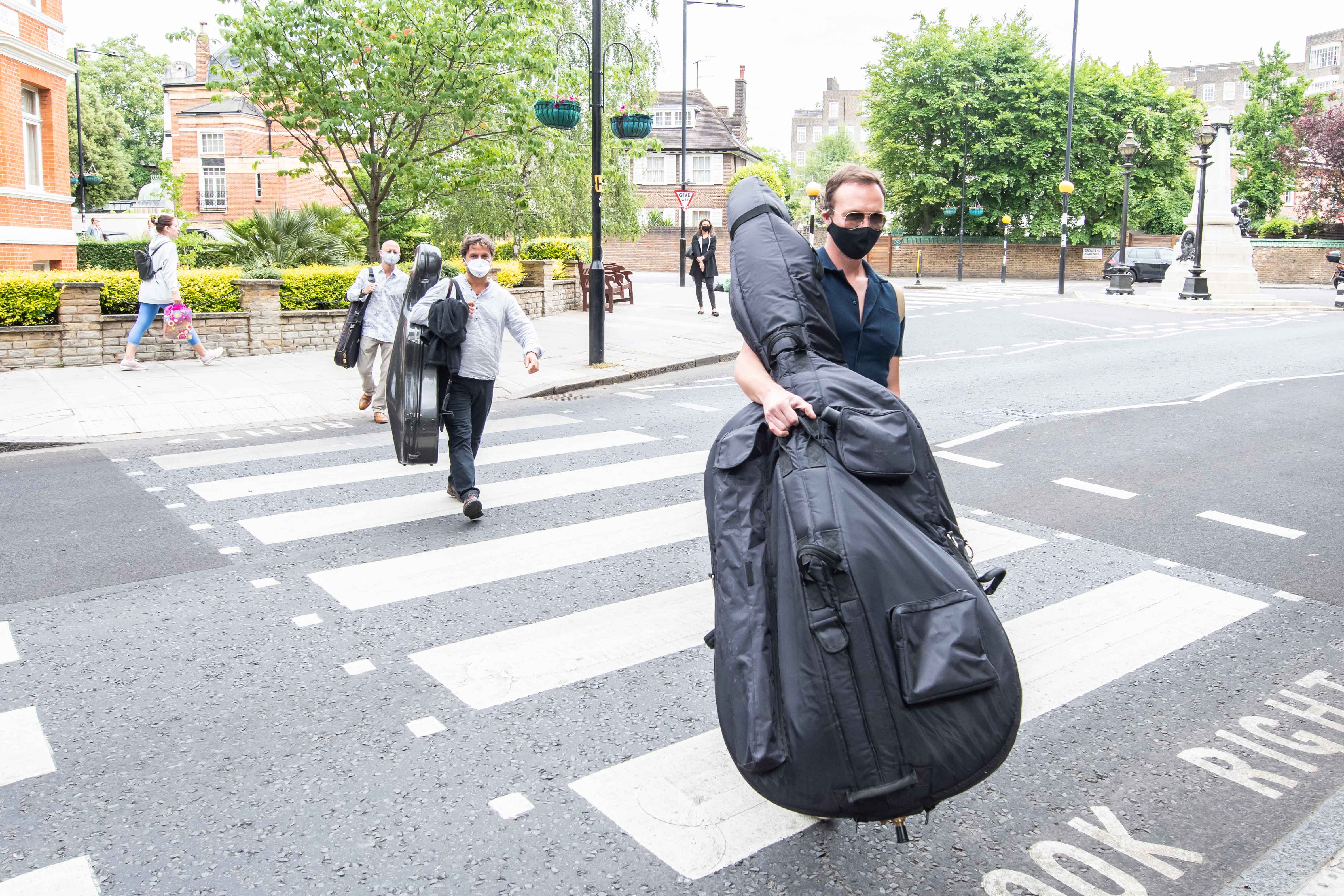Lies, damned lies and Philharmonic statistics
NewsThe Royal Philharmonic has put out another of its small-sample surveys.
This one says: ‘More than six million newcomers to classical music planning to give it a go this year.’
It continues: ‘Six million adults in the UK who admit “not knowing much” about classical music intend to get into it this year. Around a quarter of these newcomers aged under 35, equating to around 1.5 million young people.’
How do they know?
The figure is blown up out of all proportion from a polling sample of 2,020 adults across the UK.
The method used is:
– According to the office of national statistics, there are 52,890,044 people aged over 18 in the United Kingdom.
– The proportion of people who admit they “do not know much about classical music” is 36%, which equates to 19,040,416 people.
– Of these people, 33% said they were interested in giving it a go this year, which equates to 6,283,337.
The 6.2 million is designed to get a headline on ClassicFM (and, sure enough, it did).






Comments